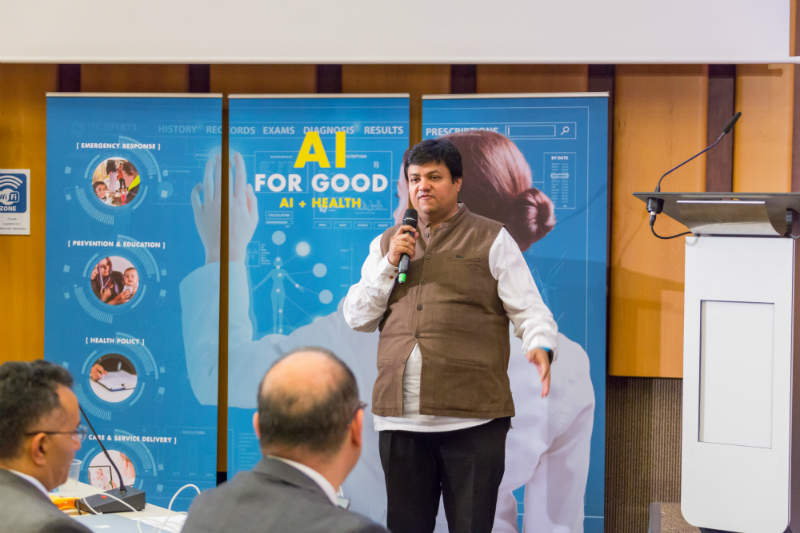LabCorp’s Covance subsidary has partnered with artificial intelligence (AI) company Definiens with the aim of improving drug development in oncology and immunotherapies. Definiens provides an image analysis, and this partnership aims to integrate digital image pathology into clinical trial design with the goal of validating biomarkers and co-developing companion diagnostics. If successful, this platform would be used as a supplement to tests that attempt to predict cancer response in specific patients, which would make the treatment algorithm much more efficient.
This deal is indicative of a wider trend in healthcare—specifically, an increasing influence of technology, particularly AI, in the drug development process. The Covance/Definiens partnership is one of many deals that aims to take advantage of AI capabilities and apply them to healthcare.
Additionally, AI’s capabilities are not limited to just one part of the drug development process. GlaxoSmithKline acquired AI-based Cloud Pharmaceuticals to use its algorithm to help identify drug targets in the body, while Keen Eye and Iris Pharma have teamed together to improve the speed and efficiency of assays in the drug development process.
One of the main reasons that pharmaceutical companies have been looking for innovation in the drug development process is to cut costs. A 2014 study from the Tufts Center for the Study of Drug Development stated that bringing one drug from discovery to market costs $2.6bn. This figure, which includes the cost of developing a drug ($1.4bn) as well as the return on capital foregone by investors while a drug is in development ($1.2bn), shows the cost to pharmaceutical companies.
As such, these companies hope that bringing new technology to the process will increase efficiency, increase the speed of development, and reduce the number of drugs that fail in development, which will lower costs in Covance, Definiens Collaboration Shows the Growing Influence of Artificial Intelligence in Healthcare 2 © GlobalData 2018. This report is a licensed product and is not to be copied, reproduced, shared or resold in any form. turn. Subsequently, this lower cost can be translated into lower prices for patients, which will no doubt help satisfy payers who are looking for more value-based pricing.
While this may look like a one-way relationship, with pharmaceutical companies using AI to improve their development processes, it can be mutually beneficial. AI companies that have little experience in healthcare will often have difficulties testing their technology, and a lack of data can lead to some resistance from the pharmaceutical industry. A partnership with a large pharmaceutical company allows the technology to be tested on a much wider scale, and big pharma companies often have relationships that can be leveraged to ensure the new technology gets fast track access to the mainstream market.

US Tariffs are shifting - will you react or anticipate?
Don’t let policy changes catch you off guard. Stay proactive with real-time data and expert analysis.
By GlobalData



